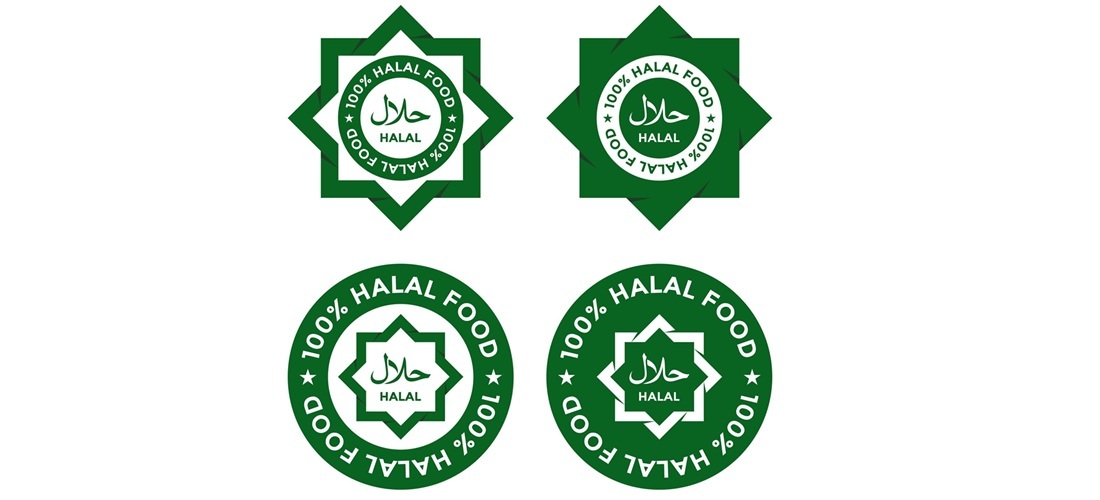
Brazil Expands in Halal Meat Markets: Understanding What Ensures This Certification
Jan, 28, 2025 Posted by Denise VileraWeek 202505
Brazilian exports of halal-certified products gained momentum in 2024, a year when approximately 50 new companies were authorized to cater to this market, estimated at USD 1.4 trillion and serving 1.9 billion consumers worldwide. Halal products are those made in compliance with Islamic law, based on criteria such as ingredient origins, slaughter methods, and hygiene practices.
According to a report from the Halal Project of Brazil, led by the Arab-Brazilian Chamber of Commerce (CCAB) and the Brazilian Trade and Investment Promotion Agency (ApexBrasil), Brazilian exports to Arab League countries reached a second consecutive record in 2024, totaling USD 23.68 billion, a 22.41% increase over the previous year. Key export products include chicken and beef, sugar, grains, coffee, and mate.
This growth was also driven by the opening of new markets for Brazilian halal products. Nine new markets (Zambia, Honduras, Saint Vincent and the Grenadines, Syria, Austria, Romania, Vanuatu, Martinique, and the British Caribbean territory of the Turks and Caicos Islands) were added, bringing the total to 156 countries reached by the project.
— “Over the years, halal production methods have transcended the Arab and Islamic worlds and are now considered a quality seal, adopted even by non-Muslims who seek higher-quality food produced with better animal welfare practices,” says CCAB Secretary-General Mohamad Orra Mourad.
In addition to religious protocols, such as the requirement for slaughter to be performed by a Muslim person with the animal facing Mecca, the halal method also includes sanitary and ethical aspects. For instance, it is required that the animal’s death be instantaneous, performed with a sharp cutting instrument to minimize suffering.
In this sense, halal certification has become a gateway to accessing markets with higher prices. According to Mourad, “It is a seal that opens doors not only to Arab countries but also to North America, Europe, Australia, New Zealand,” and even the Brazilian domestic market, “because it adds value, allowing companies to charge a premium.”
The confectionery company Da Colônia, based in Rio Grande do Sul, obtained halal certification, and its first business deals with Islamic countries were closed late last year.
— “Having the certificate is not a guarantee that you will export, but it is essential to open doors and demonstrate adherence to production standards,” says the company’s export manager, Juliano Canato, who expects to reach an annual revenue of USD 10 million by serving this market.
200 Tons of Animal Feed
Another Brazilian company entering the halal market is Danês, an animal feed producer, a segment that does not require certification.
— “We identified that having the halal seal would be a differentiator,” says director Rodrigo Begalli, who plans to ship 200 tons per month to Arab countries.
Source: O Globo
-
Grains
Nov, 28, 2022
0
Brazil to export 1,850 mln tonnes of rice in 2023/24 market year, says consultancy
-
Nov, 23, 2022
0
UK suspends tariff on juice imports
-
Automotive
Jul, 06, 2020
0
Anfavea reports 46.2% YoY drop in vehicle exports in 1st half of 2020
-
Ports and Terminals
Aug, 04, 2022
0
Fertilizer imports gain momentum in Brazil’s ‘Northern Arc’


